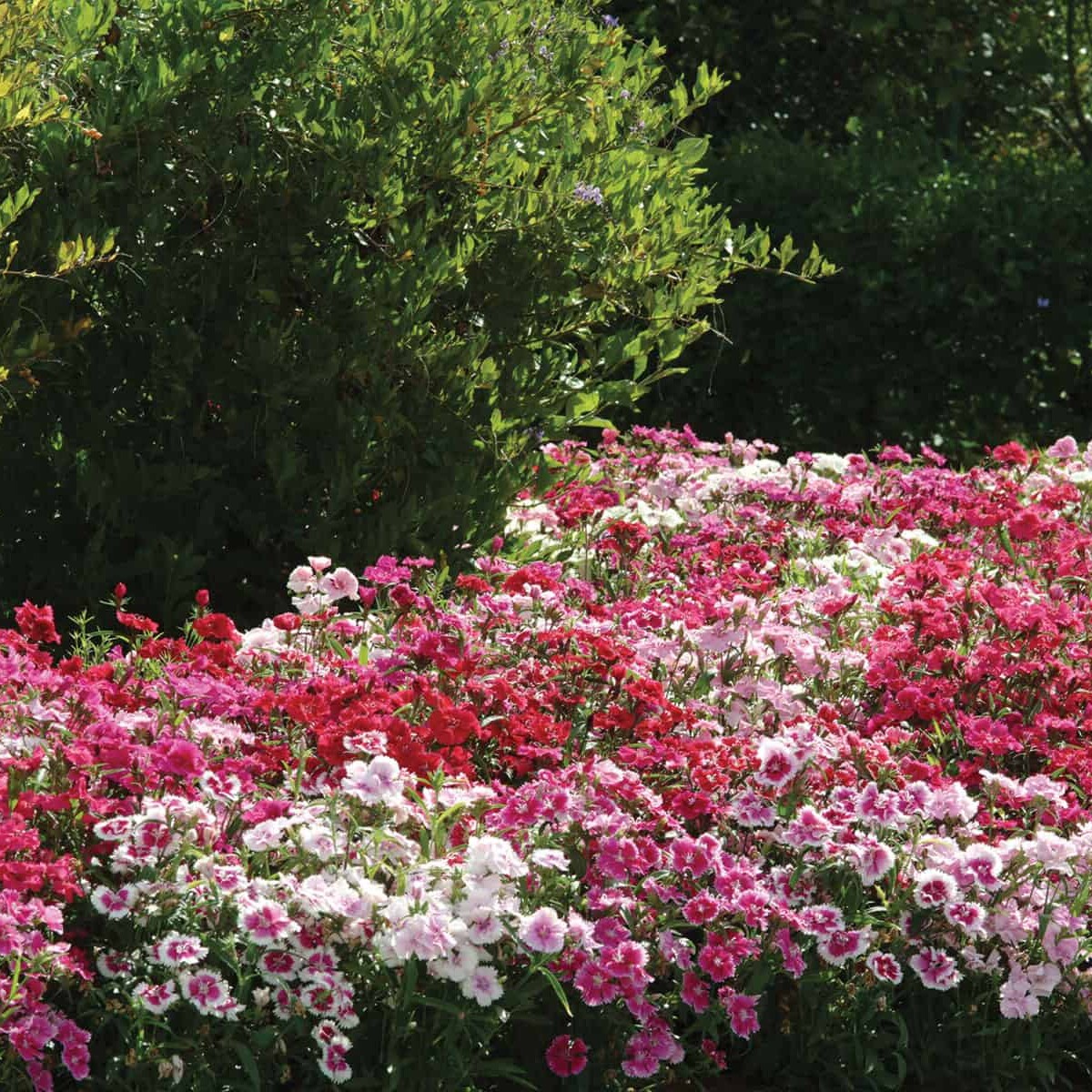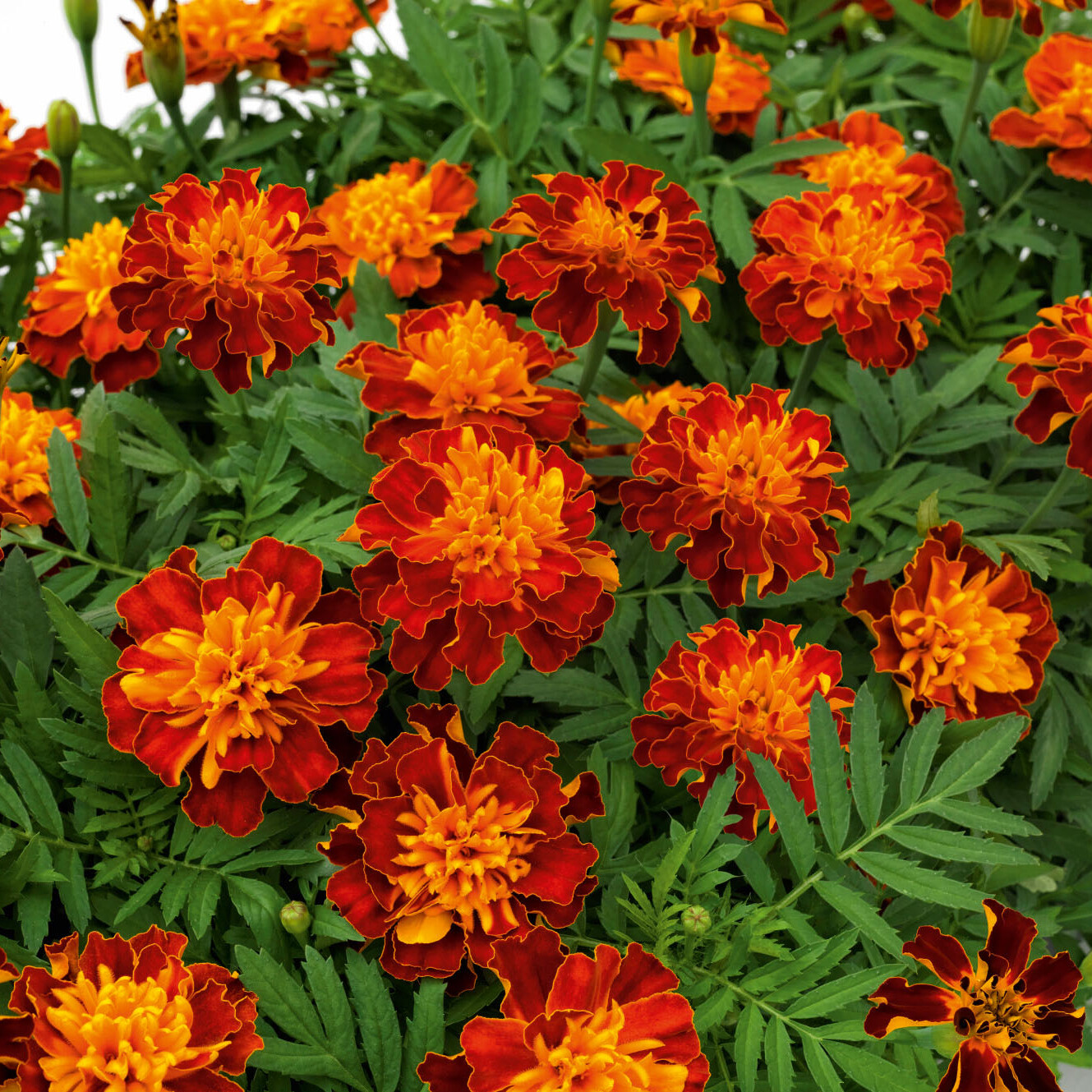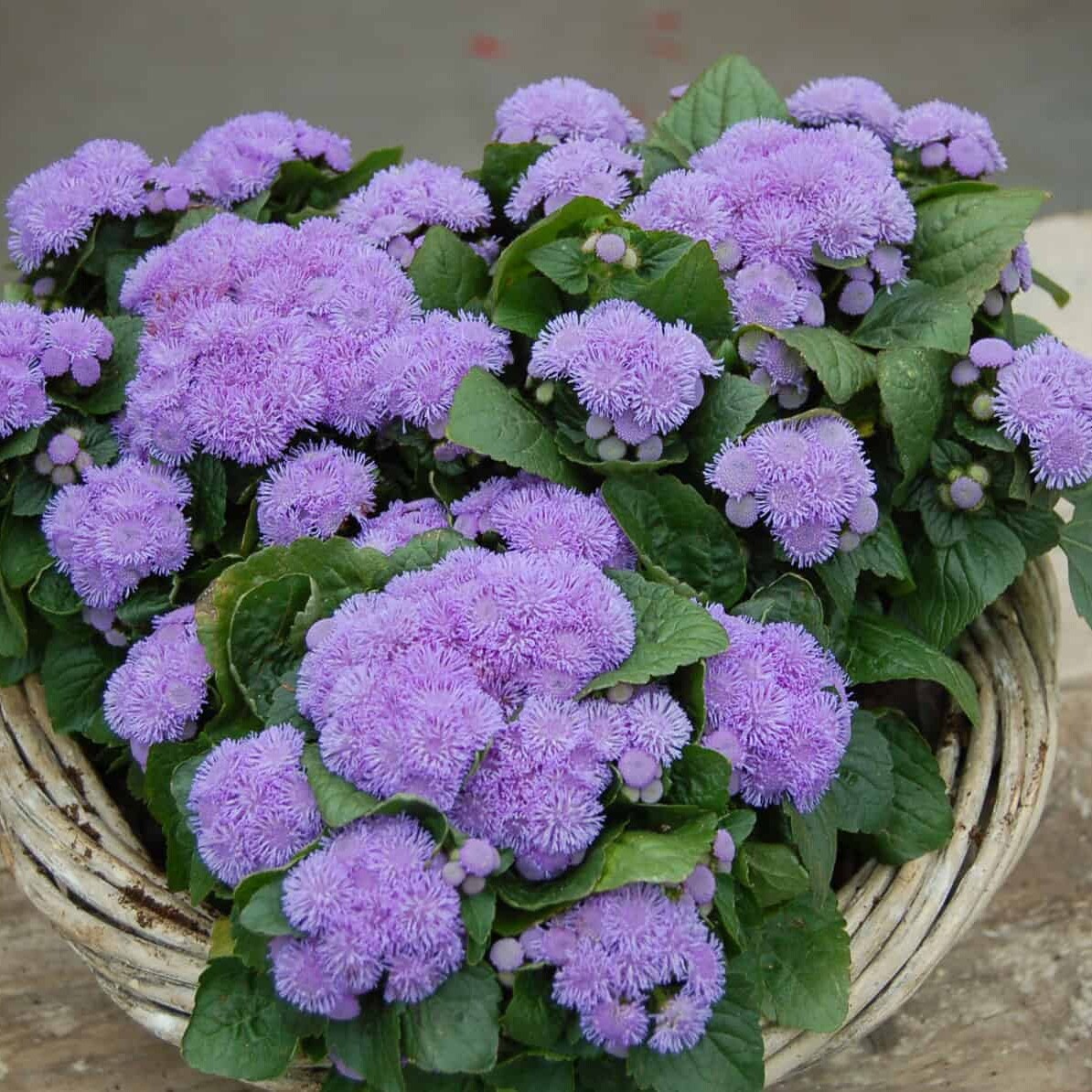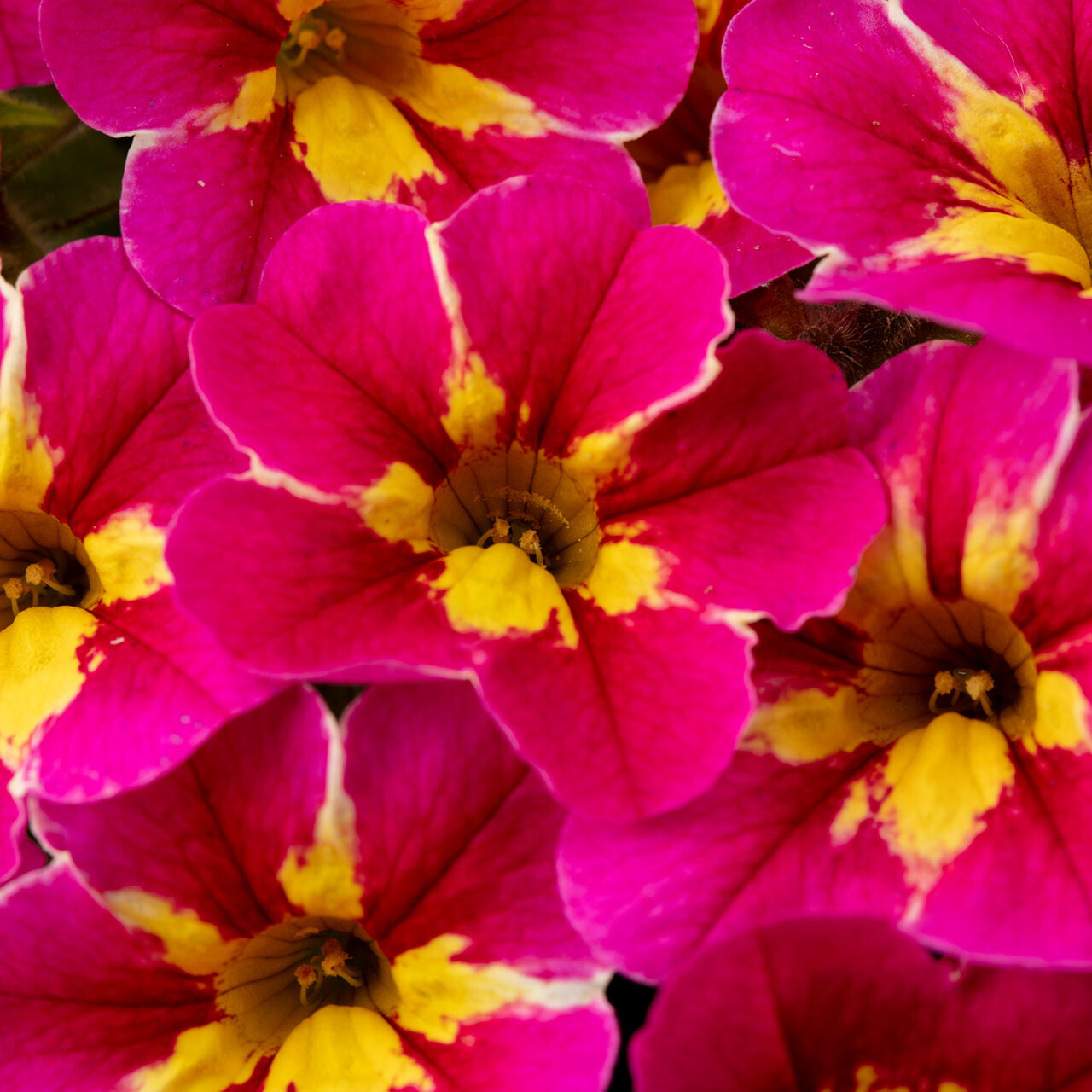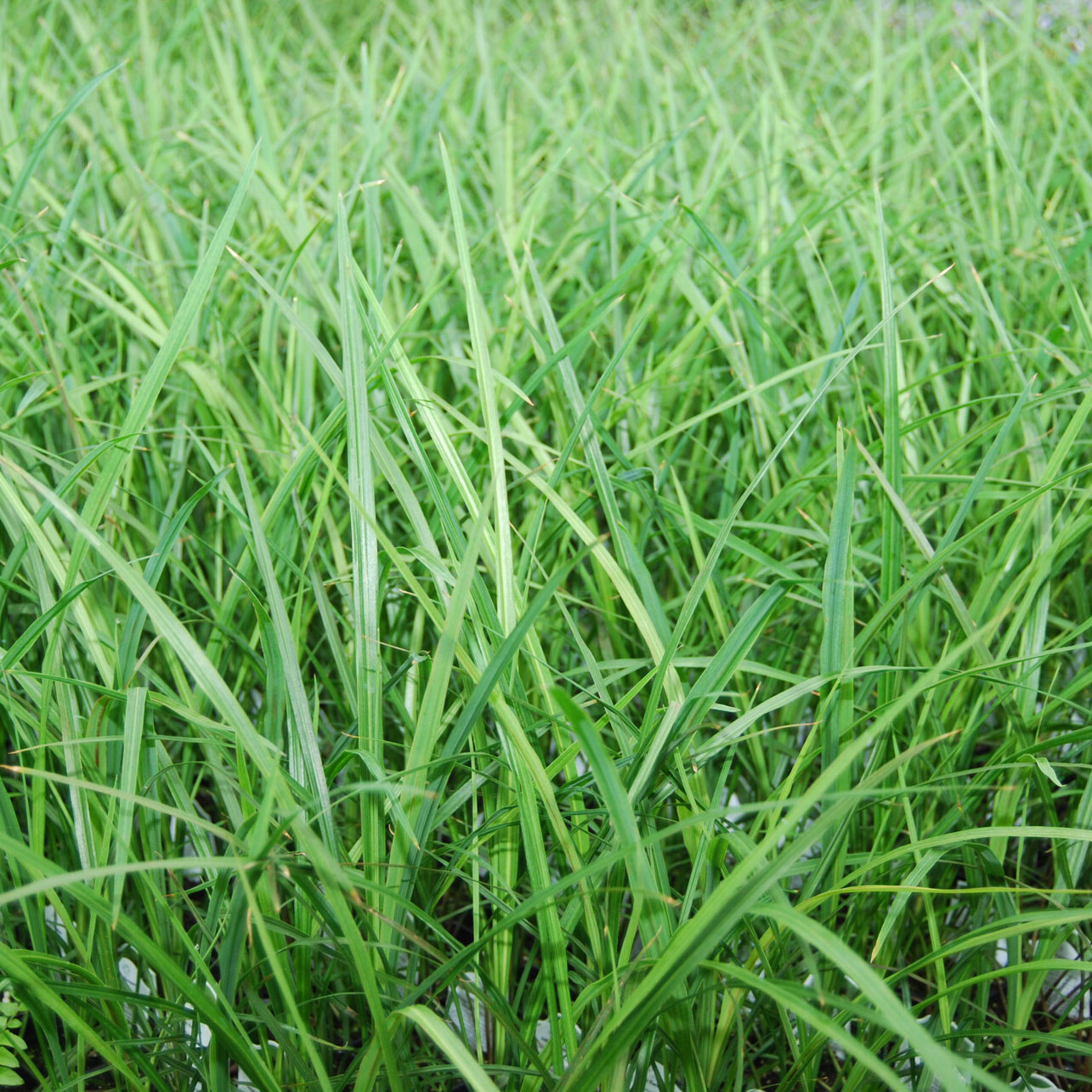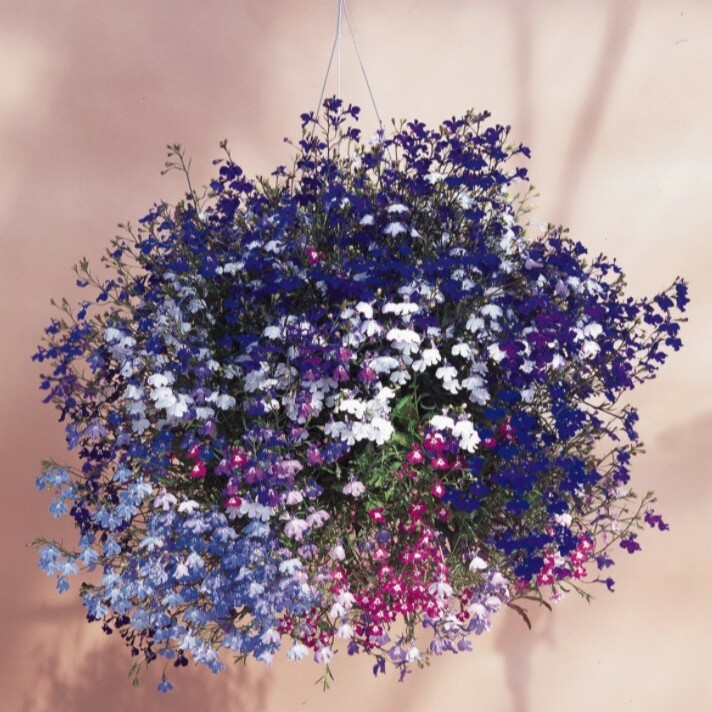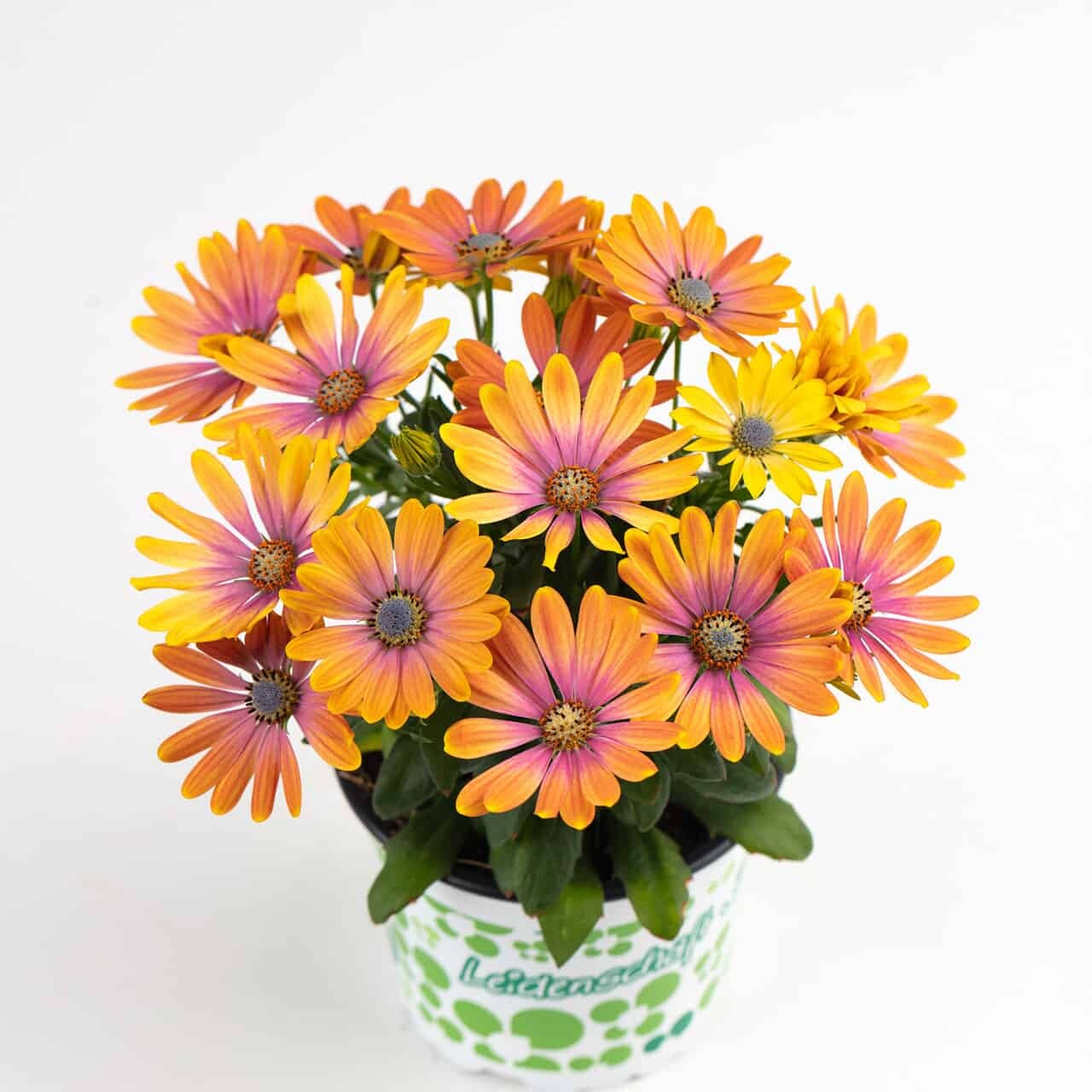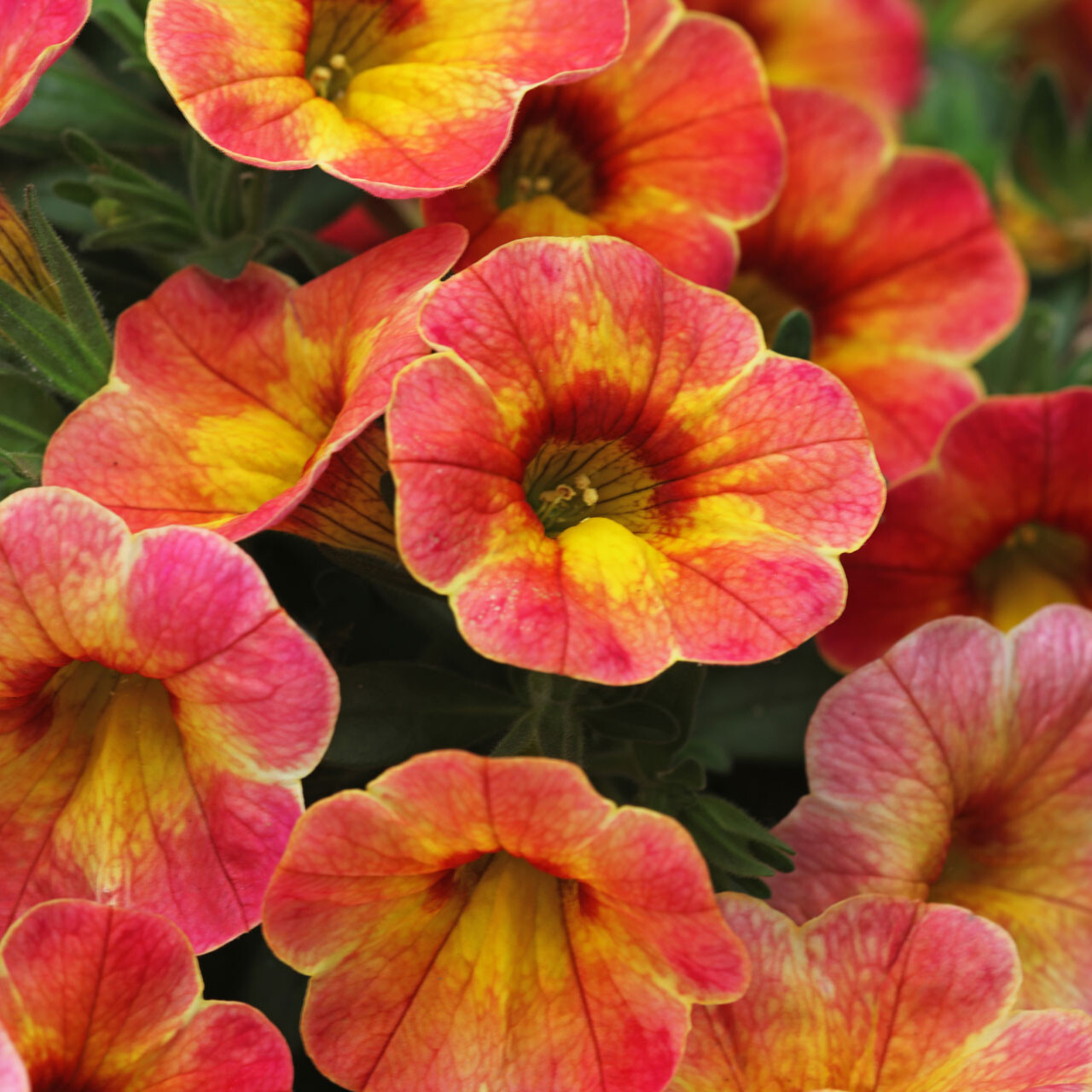Dianthus more commonly known as Sweet Williams are lovely ragged edge blooms that flower from early in the Summer through to Fall. Growing to a height of 12-14” they make lovely cut flowers, and being both deer and rabbit resistant a good choice for our local area. These are a lovely addition to any garden and are ideally suited to beds, borders of containers. They also attract pollinators, are drought tolerant and have moderate salt tolerance.
Landscape Attributes
Sweet William is an herbaceous perennial with an upright spreading habit of growth. Its relatively fine texture sets it apart from other garden plants with less refined foliage.
This plant will require occasional maintenance and upkeep, and should only be pruned after flowering to avoid removing any of the current season’s flowers. It is a good choice for attracting bees and butterflies to your yard, but is not particularly attractive to deer and rabbits who tend to leave it alone in favor of tastier treats.
Sweet William is recommended for the following landscape applications;
- Mass Planting
- Rock/Alpine Gardens
- Border Edging
- General Garden Use
- Container Planting
Planting & Growing
Sweet William will grow to be about 12-14 inches tall at maturity, with a spread of 12 inches. When grown in masses or used as a bedding plant, individual plants should be spaced approximately 8 inches apart. Its foliage tends to remain dense right to the ground, not requiring facer plants in front.
This plant should only be grown in full sunlight. It prefers to grow in average to moist conditions, and shouldn’t be allowed to dry out. It is not particular as to soil type or pH. It is highly tolerant of urban pollution and will even thrive in inner city environments.
Sweet William is a fine choice for the garden, but it is also a good selection for planting in outdoor pots and containers. It is often used as a ‘filler’ in the ‘spiller-thriller-filler’ container combination, providing a mass of flowers against which the larger thriller plants stand out. Note that when growing plants in outdoor containers and baskets, they may require more frequent waterings than they would in the yard or garden. Be aware that in our climate, most plants cannot be expected to survive the winter if left in containers outdoors, and this plant is no exception.
Photo courtesy of Jolly Farmer New Brunswick

